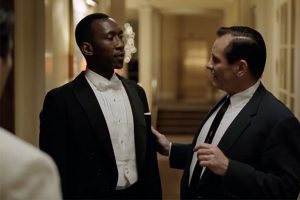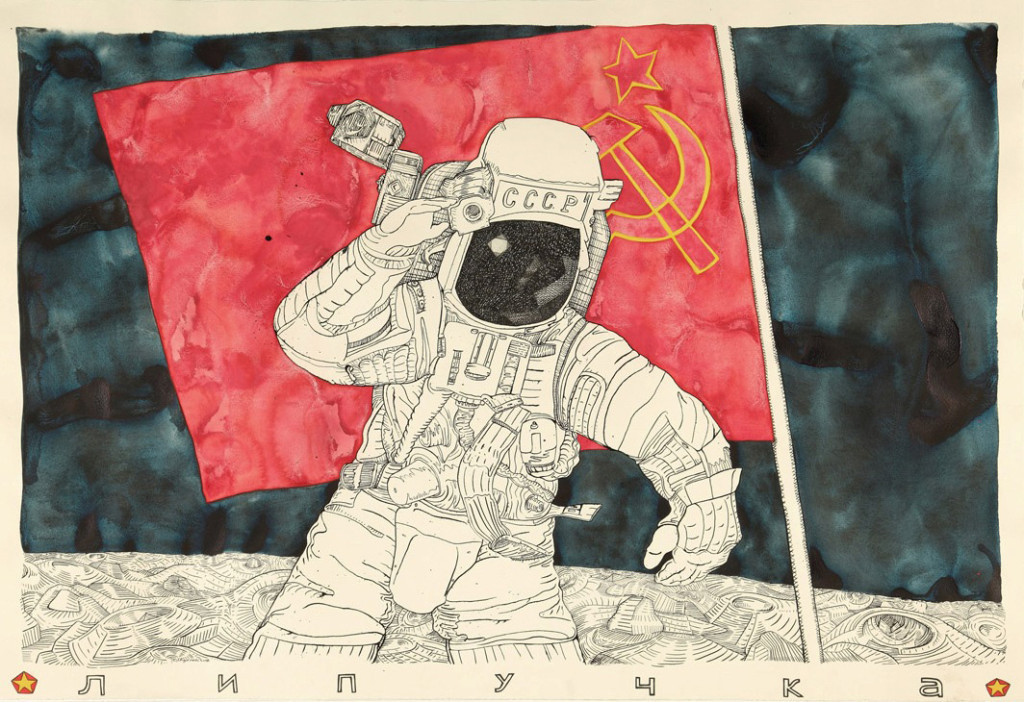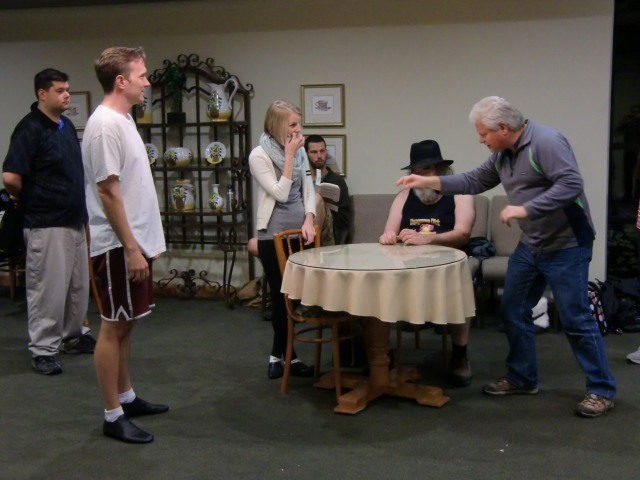
‘Green Book’ film review
By Jerrison Oracion, Senior Columnist
5/5
People can bond over shared interests and they should not be discriminated against because of their race.
This is the case in Green Book, which won the People’s Choice Award at the Toronto International Film Festival this year. That is a hint that it could win Best Picture in the Academy Awards next year.
The year is 1962 and Tony Vallelonga (Viggo Mortensen) is taking a break from his job as a waiter in the Copacabana Club in New York City. He gets a call from a friend offering a job of driving famous piano player Donald Shirley (Mahershala Ali) during a tour with his group, The Don Shirley Trio. Most of the tour happens in the southern part of the United States, which in 1962 still had Jim Crow laws in effect.
Vallelonga and Shirley do not get along in the beginning because of Shirley’s lifestyle. As the tour progresses, they have similar opinions on how they are treated. Vallelonga likes Shirley’s music and they talk about things that they like while Vallelonga makes sure that Shirley is safe from people who threaten him because of his race.
The title of the film is named after a travel book that was used when the Jim Crow laws still existed to find hotels and restaurants that were safe for African-Americans. Initially, the film suggests that Vallelonga has racist views. However, when he and Shirley talk about music, we find out that he is not as deeply prejudiced as he seems. He starts to be less biased when Shirley explains what he had to go through in his life.
Shirley is the type of person who likes being treated like royalty, like Prince’s lifestyle, because he gives specific instructions on what he likes to do. Ali does a great job portraying Shirley and he says a lot of lines with specific facts and poetry. Vallelonga also teaches Shirley things that he has not experienced and it shows that they some things in common—especially during the scene when Shirley eats KFC for the first time.
The film showcases diversity, with many people of different ethnicities being shown. Vallelonga is Italian-American, Shirley is African-American, Shirley’s butler is Indian, and we also see a bartender in the bar of a restaurant who is Asian-American.
The scenes where Shirley gets discriminated against by people show that his race should not get in the way of doing anything that he likes to do. During this era, many organizations and individuals pushed for legislation to promote equal rights. The Civil Rights Act of 1964 and the Voting Rights Act of 1965 were two major steps toward eradicating legal discrimination—though the struggle for true equality continues today.
Green Book is a great example that racism should not exist and that you should like the work that artists make because of how artistic it is, not because of who they are.


